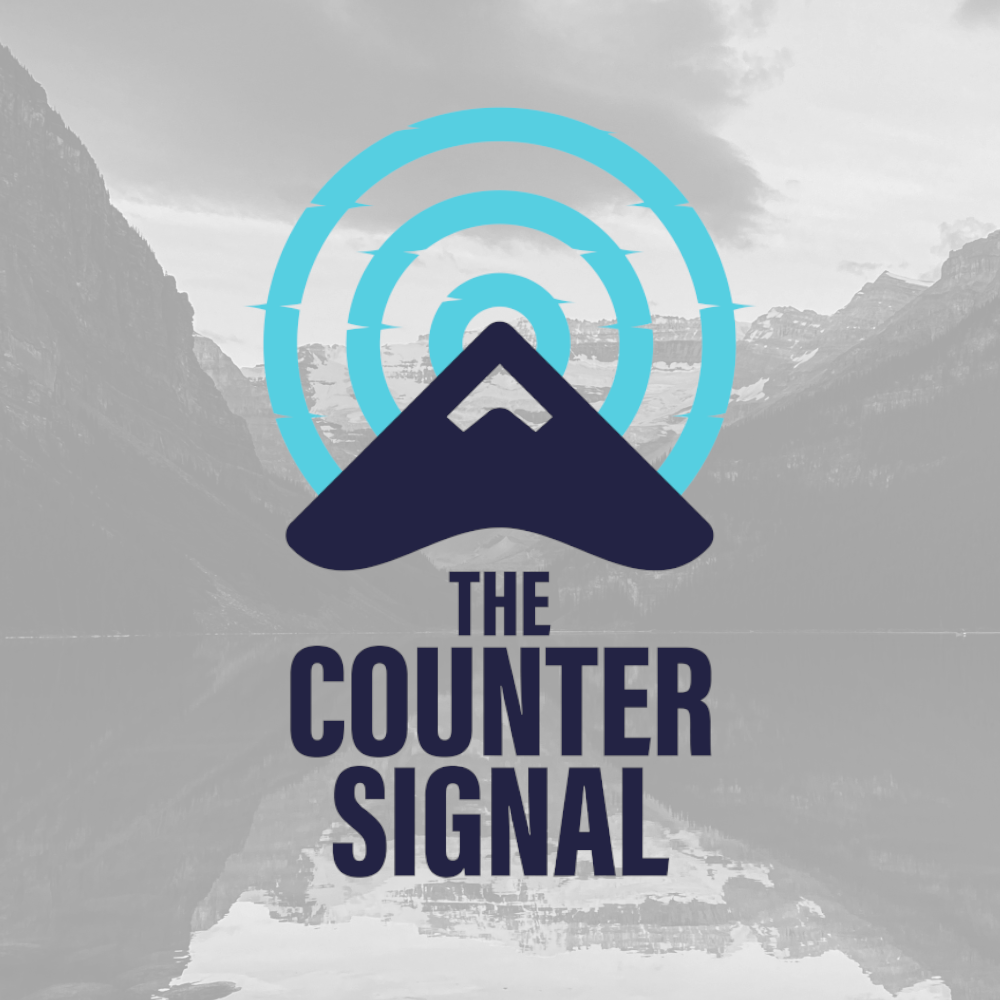Canadian municipality now requires a QR code
Canadian municipality now requires a QR code
Îles-de-la-Madeleine in the Gulf of St. Lawrence has become the first municipality in Canada to officially require a QR code to enter and leave.

A Canadian town in the Gulf of St. Lawrence has become the first municipality in the country to officially require a QR code to enter and leave.
 Canadian municipality now requires a QR code
Canadian municipality now requires a QR code
Officials say that the requirement of a QR code to enter or leave the archipelago Îles-de-la-Madeleine will only be for tourists, while residents will be required to show their driver’s licence to enter or leave.
The decision to require a QR code and identification for the municipality’s 12,000+ residents came after the municipal government announced they would begin charging all visitors who come to Îles-de-la-Madeleine $30, something which hasn’t gone down well with the locals or their family members who visit them.
Of the many concerns, one that officials sought to address was ensuring that visitors had paid their fees before leaving, hence the introduction of a mandatory QR code to leave the islands. If you don’t pay, you can’t get the QR code and won’t be able to leave.
This was initially intended for residents, too, but following an outpour of criticism, officials backed down and now say that residents only have to show their driver’s licence.
🚨 BREAKING NEWS 🚨 QR Codes coming to a remote Canadian island in the heart of the Gulf of St. Lawrence, Île de la Madeleine! This is real, not a conspiracy theory 😳Time to stand united, rally behind our fellow Canadians. Let's strategize how to halt this trend and send a clear… pic.twitter.com/6IlU6L6cF5
— Purdy Talks (@PurdyTalks) April 25, 2024
Residents, however, aren’t happy about this either, saying it’s absolutely ludicrous to have to prove their identity whenever they want to leave their homes and go to other places within their own country.
Many have also stated that this is an attack on their Charter Rights, which officials have denied.
“This will be the first time in Canada that we will have to show a driver’s license to leave a municipality,” one woman said at a municipal council meeting, adding that this infringes on her freedom of movement.
Despite concerns, Antonin Valiquette, the mayor of Îles-de-la-Madeleine, says that the QR code and driver’s license requirements are legal and that his biggest concern now is fighting “disinformation”.
“Combating disinformation among the citizens for whom the members of the municipal council and I work is what is important,” Valiquette said.

It's crucial we stay in touch
Big Tech wants to censor us, that’s why you need to stay in touch.
YOU MIGHT ALSO LIKE THESE...

Eby learns that allowing people to use hard drugs in public parks isn’t the smartest public policy.

The Trudeau government has broken the economy so badly that over half of Canadians say they have considered eating expired food to save on grocery bills.

Keean Bexte
April 26, 2024

UCP strengthens election integrity by introducing bill that would remove all electronic voting machines such as tabulators from the vote count process.


In an article posted on X, Schulz called the ban a “slap in the face to Alberta and our province’s petrochemical industry and the thousands of Albertans who work in it.”


“We were pretty much sucked in and having to support this for now, but not forever.”


The UN is having a bad year, first implicated in committing terrorism, now weapons smuggling.

Mike Campbell
April 24, 2024